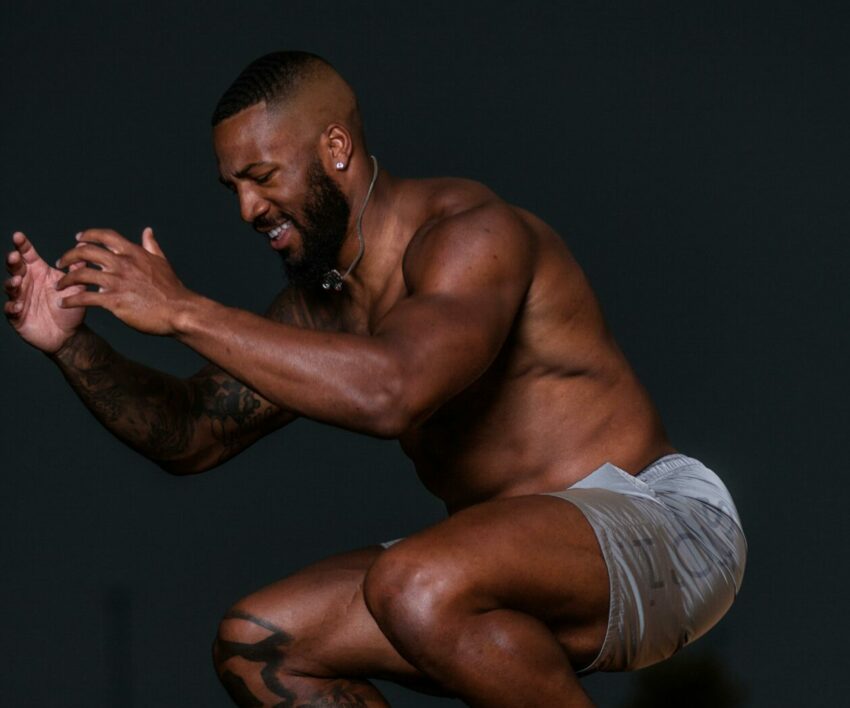
For night owls who dread early alarms, exercising after sunset might seem like the perfect solution. But is sweating it out at night actually good for you? Experts say it depends.
One of the biggest perks of nighttime workouts is improved performance. Studies from the Journal of Strength and Conditioning Research suggest that body temperature peaks in the evening, leading to better muscle function, endurance, and reaction time.
“You’re naturally more flexible and stronger at night, which can reduce injury risk,” says Dr Stuart McGill, a professor of spine biomechanics. Plus, late-night gym sessions often mean fewer crowds and more access to equipment—a dream for anyone tired of waiting for a treadmill, the doctor further explains.
Exercise is also a fantastic stress reliever as we might be aware. A 2022 report from Harvard Health highlights how evening workouts help lower cortisol (the stress hormone) while boosting endorphins, making it easier to unwind after a long day. “It’s like hitting the reset button on your mood,” notes sports psychologist Dr Carla Meijen.
However, the above health source mentions that the timing of your workout matters, as high-intensity training too close to bedtime can overstimulate the nervous system and make falling asleep harder. A study in Sleep Medicine Reviews found that while moderate exercise promotes better sleep, intense late-night sessions might delay melatonin production, disrupting sleep cycles.
The verdict? If working out at night helps you stay consistent, go for it—just aim to finish at least an hour before bed. Whether you’re a night warrior or an early bird, consistency is what truly counts. So, lace up those sneakers and move when it feels right for you.
Also see: The correct way to do wall squats and their benefits




